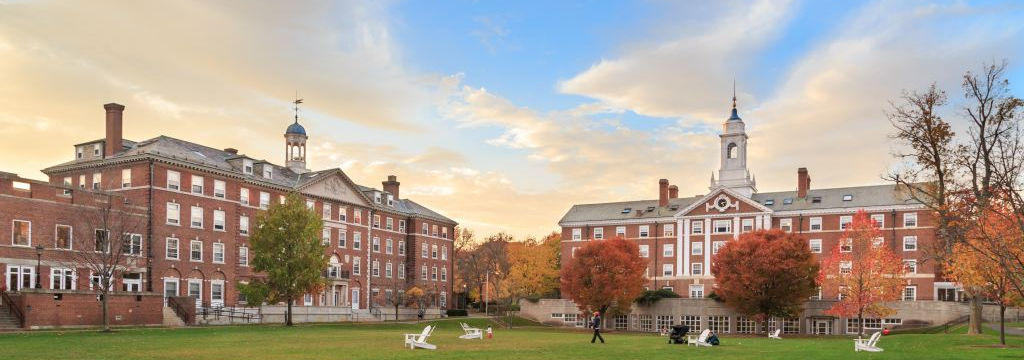Many colleges require letters of recommendation from teachers as part of the college application. Colleges recognize that your teachers spend significant time with you and, therefore, trust them to provide a candid picture of who you are as a scholar and a person.
At IvyWise, we encourage students to ask their teachers for letters before the end of junior year and then follow up at the beginning of senior year. This will ensure that your writer has plenty of time to draft a thoughtful letter and give them a chance to write about you while the school year is still fresh in their mind. By asking early you also ensure that you are a priority with the teachers who you want to write your letters, who will probably be asked by several students.
Selecting the Right Teacher for Your Recommendation Letter
Eleventh grade teachers are often a good choice for writing recommendations because they have likely seen you perform in a higher-level course, they may have taught you over several years, and perhaps know you in multiple capacities – an English teacher who also runs the student newspaper that you write for or a physics teacher who advises the robotics club that you started. You should also consider choosing teachers in subjects that are relevant to your academic goals. If you are interested in studying business, a recommendation from your economics teacher might hold more weight than one from your French teacher. Further, some schools and programs require specific teachers to write a recommendation letter. For example, the Program in Liberal Medical Education (PLME) at Brown University requests that at least one of your recommendation letters come from a math or science teacher. Make sure to read the directions carefully on each college application and ensure you are satisfying the letter of recommendation requirements.
The Importance of Character
It is important for students to realize that the teacher who knows you best is not necessarily the teacher whose class you did best in (though, ideally they are one in the same). From these letters, prospective colleges will learn about your character: how you interact with your peers and classmates, how well you prepare for your classes, the level of your engagement in the classroom, your contribution to life on campus, and your dedication to certain activities. Hopefully, you have been cultivating teacher relationships throughout your time in high school and left a positive, lasting impression. A generic sounding recommendation may reflect just as poorly on you as a negative one. On a similar note, beware that letters from noted individuals, family friends, or generous alumni who do not know you well seldom mean anything to an admissions committee and may even work against you.
While it is important to select your teacher recommendation writers carefully, it is also important to ask them properly. Ask your teachers ahead of time if they will write on your behalf, provide them with the proper forms in a timely manner, and include any information that they will need to submit the letter – make the process as effortless as possible for them. Unlike your school college counselor, teachers are not expected to write letters of recommendation for their students. If a teacher appears reluctant to write you a letter, do not insist on it.
Provide the Writer With Context
Once a teacher has agreed to write a letter on your behalf, be sure to provide any supporting materials in an organized and timely fashion. You may want to include a copy of your resume and a copy of the best project, paper, or assignment you did in their class. The more information your teachers have about you and the colleges to which you are applying, the easier it will be for them to personalize your letter and show why you are a great match. Also, be sure to include all of the relevant instructions for submission. For example, if you are applying via the Common Application, you can “invite” your teachers via email to submit a recommendation through the Common Application website. For schools that require a hard copy of the letter, provide an addressed, stamped envelope.
It’s important to give yourself as much time as you can to put together an application that you are proud of and reflects who you are as a scholar and as an individual. As you want your letters to reflect these aspects too, it is important to give your teachers as much time as possible as well. Most importantly, thank your teachers wholeheartedly for their time and effort! For additional information and tips on recommendation letters, check out our resource on all you need to know about a letter of recommendation for Harvard!




